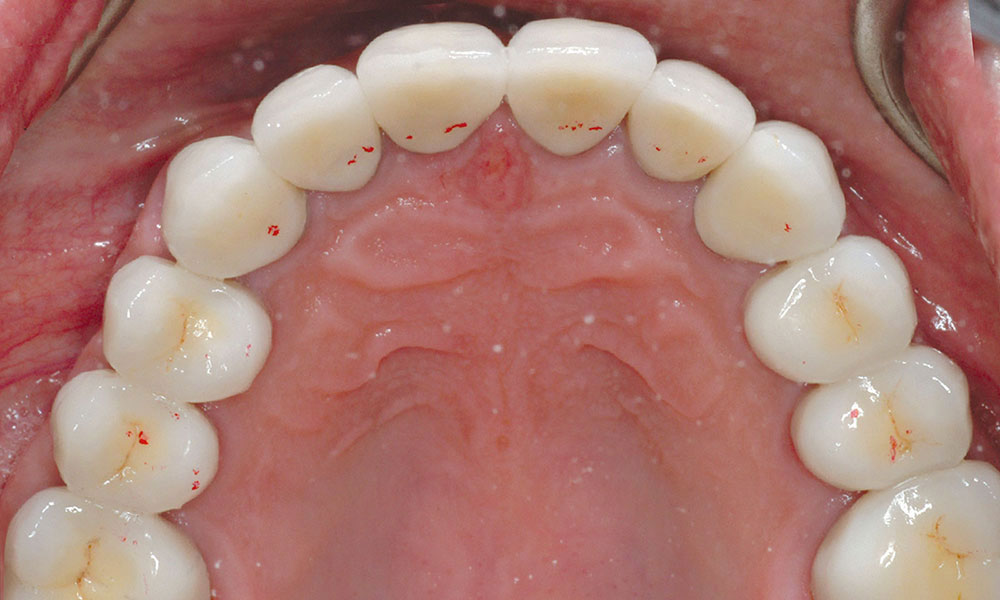When it comes to maintaining oral health, occlusal disease is one of the most overlooked conditions. Yet, it is one of the most significant ones, and it can affect your overall dental structure and health. Leading dentists in Florida often educate their patients about the risks and dangers of an untreated occlusal disease.
Occlusal disease has to do with the alignment of your teeth when the jaws are closed. Most people do not give it much thought as long as they appear fine. Countless people are plagued with occlusal disease and do not realize it. This is why it is important to be proactive and visit your dentist in Pensacola, FL, every six months.
What is occlusal disease?

When an individual’s bite is not aligned, meaning that one side of the mouth bears more pressure while eating, it leads to a destructive condition known as occlusal disease. Every time the person speaks or chews their food, the forces will have a negative impact on the teeth and the jaw.
Alignment of the teeth is important because it not only ensures that you chew your food properly but ensures the health of teeth, jawbone, and jaw muscles as well.
Problems with occlusal disease are extremely common, and yet it is one of the most undiagnosed dental conditions. The symptoms are subtle, and patients often do not recognize them on time.
This is why it is highly recommended to visit your dentist at least once a year. Not only will they be able to tell you the accurate condition of your mouth, but they will also educate you on how important having a proper bite is for your overall health.
Recognizing the signs and symptoms of occlusal disease
The best way to deal with any dental health problem is by being proactive and taking preventative measures. Knowing the symptoms of occlusal disease can help you do so.
- Tooth wear up to 100 times faster than those without the condition.
- Increased risk of tooth fractures, as well as the breakage of fillings, crowns, and other dental restorations.
- Excessive wear damages the enamel.
- Teeth can grow deep ruts.
- Stress on the facial, neck, and shoulder muscles leads to headaches and muscle pain.
What does the treatment look like?
Stabilizing a patient’s bite often requires several treatments. It may require a combination of reshaping, restorations, and orthodontics. However, early diagnosis can reduce the need for so many procedures.
If you have gone too long without treatment, your teeth must be worn out. Your dentist will first reshape and restore your teeth. Next, they will create a tailored orthodontic treatment plan based on the nature and severity of your occlusal disease.
What are the consequences of leaving Occlusal disease untreated?
It is never advised to leave occlusal disease untreated or assume that it will get better on its own. Some people are of the attitude that they will learn to “live with it.” That is never a good idea. Here are the grave consequences of not treating occlusal disease:
- TMJ disorders: Misalignment of teeth leads to problems in the temporomandibular joints (TMJ), leading to TMJ disorders.
- Tooth damage: Constant grinding and clenching can cause chipping and cracking of the tooth.
- Increased dental sensitivity: As your tooth becomes more and more damaged, the enamel wears down. This leads to an increased sensitivity to hot and cold food items.
- Loss of tooth structure: The more time you go without treatment, the more tooth structure you lose. This causes changes in the appearance of your smile and affects your overall confidence.
Make dental health a priority!
Occlusal disease is not something you should take lightly. Dentists emphasize the importance of early diagnosis so that the condition can be managed effectively. Make an appointment at the dentist right away if you think you may have periodontal disease!












Comments